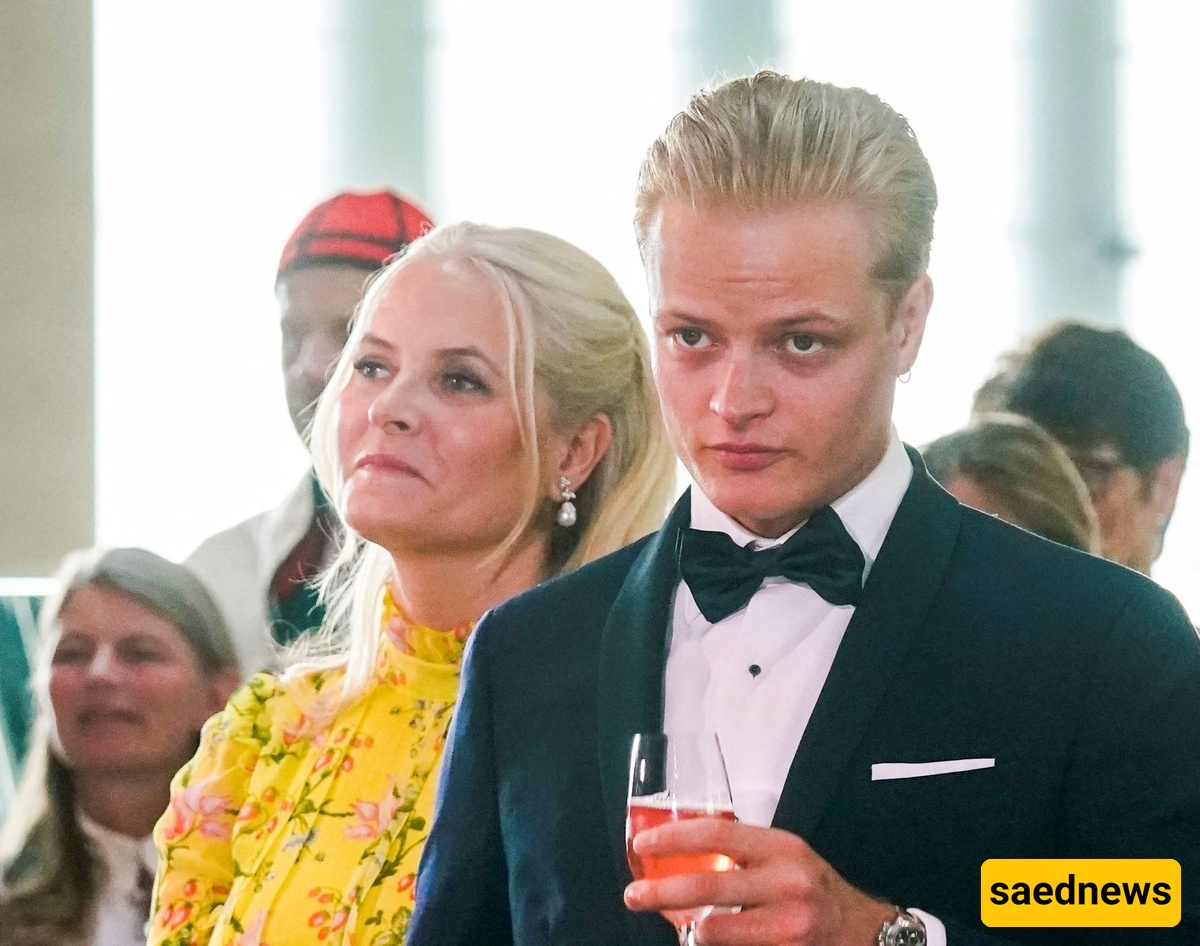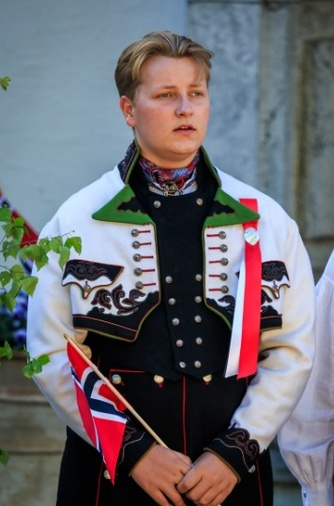SAEDNEWS: The Norwegian Prosecutor’s Office has officially charged the son of the Crown Prince with multiple offenses, including sexual assault. This case, which has drawn significant public and media attention, is considered one of the most sensitive legal cases in Norway in recent years and carries wide political and social implications.

According to Saed News, quoting the Associated Press, the recent news of an indictment issued against the son of Norway’s Crown Prince has shocked the country’s society and international media. This case, which includes serious charges such as sexual assault, abuse, and other sexual crimes, is considered one of the most sensitive judicial issues in Norway’s contemporary history and has drawn wide attention from the public and legal analysts.

Norway, a country with a strong and transparent legal system, has always sought to ensure justice without discrimination. However, when the matter involves members of the royal family, particularly the Crown Prince’s son, the judicial dimensions are accompanied by media and political pressures. The publication of this indictment has sparked extensive debates about the status of civil rights, the transparency of the judicial system, and the moral responsibilities of the royal family.
According to the Prosecutor’s Office, the charges include several cases of sexual assault, harassment, and abuse of various victims. The exact details of the case have not yet been fully disclosed due to legal sensitivity and the protection of victims’ identities, but Norwegian and European media have repeatedly emphasized the seriousness of the allegations and the scope of the investigations. This case reflects the importance of combating sexual crimes and the judiciary’s insistence on justice, even for members of the royal family.
From a legal perspective, the trial of an individual with a special status in society has its own particular challenges. The defense lawyers of the Crown Prince’s son have stressed that the defendant has the right to legal defense and that all evidence and documents must be reviewed before a final verdict is issued. On the other hand, the Prosecutor’s Office has emphasized the necessity of protecting victims’ rights and ensuring justice without any discrimination. This balance between the rights of the accused and the victims is one of the most important considerations in highly sensitive criminal cases.
The social consequences of this case are also noteworthy. Norwegian and European media are covering the case carefully, and widespread debates have emerged about royal culture, the place of royal families in modern society, and their moral responsibilities. Many analysts believe that this case could deeply affect the public image of Norway’s royal family and test the people’s trust in royal and judicial institutions.
Politically as well, this case carries its own sensitivities. Although the Norwegian monarchy does not play a direct political role, it is recognized as a symbol of national unity and the country’s historical heritage. The charges against a close member of the royal family could fuel broad debates about transparency, accountability, and the role of the royal family in public life. Political analysts believe that the way this case is managed by judicial and royal institutions will serve as an important model for other European countries.
From a psychological and sociological standpoint, this case has complex dimensions. Victims of sexual crimes usually face social, psychological, and media pressures, and when the accused is someone of high social standing, these pressures are intensified. Human rights organizations and victim support institutions have repeatedly emphasized the importance of providing legal, psychological, and social support for victims, and the case of the Crown Prince’s son is an example of serious challenges in this field.
The history of the case shows that judicial investigations have continued for a long time and that substantial evidence has been collected. Despite the sensitivity of the matter, the Norwegian Prosecutor’s Office has stressed that no political or social pressure can influence the legal process and that justice must be carried out independently. This emphasis on judicial independence sends a clear message to society that no one is above the law, even those with a special social or family status.
From the perspective of international media, the case of the Crown Prince’s son represents a confrontation between tradition and modernity in European societies. Royal families are always under public attention and criticism, and criminal cases involving them resonate widely on a global scale. This case has especially gained significant traction on social media, where users with differing views have shared analyses and opinions about justice, responsibility, and the ethics of the royal family.
The media economy has also been affected by this case. The publication of news, analytical reports, and expert interviews in law and sociology has heightened public attention to the case, leading to discussions beyond Norway’s borders. Many international media outlets have emphasized the importance of judicial transparency, the protection of victims’ rights, and the social consequences of this case, while closely following the trial process.
Ultimately, the case of the Crown Prince’s son is more than just a simple legal matter. It portrays a combination of legal, social, political, and ethical challenges and constitutes a serious test for judicial institutions, the media, and the royal family. The outcome of this trial will not only determine the future of the accused individual but will also affect the credibility of the judicial system, public trust, and the image of Norway’s royal family.
Given the extraordinary sensitivities of this case, Norwegian society and the world continue to closely monitor the trial process and its consequences. The case of the Crown Prince’s son serves as a reminder of the truth that no one is above the law and that justice, even when dealing with the highest social positions, must be fully enforced.

